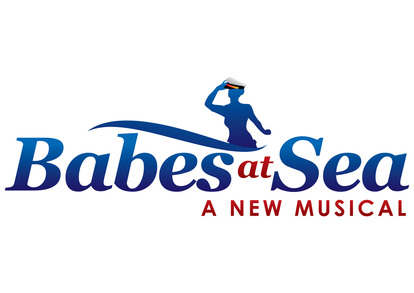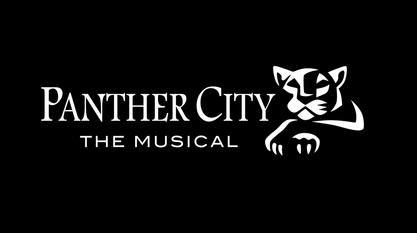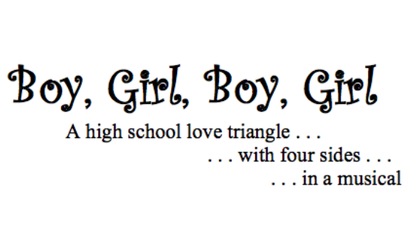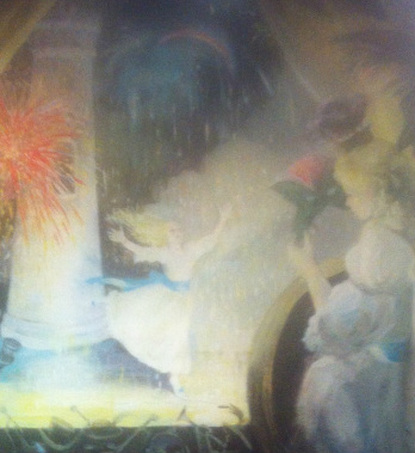Spending time this afternoon listening to show tunes from friends I made over the past season. One trains with someone that if I told you who, you’d said, “No way!”
But, way.
The other labors for the love of musicals in Midwest.
Different muses. Different styles. Different places on the journey. But the same fire.
I’m struck by how nice it is when a phrase turns just so, when a rhyme catches us unaware, makes us smile.
At the MusicalWriters.com Feedback Fest I attended Saturday, Mark Holman, the composer and co-lyricist of Urinetown, and Tom Polum, the producer of The Toxic Avenger, made the point that the typical audience member can’t tell you about perfect rhymes, might not understand what is meant by that . . . but they know them when they hear them, and they like them when we deliver them, even if on a subconscious level. In a live show environment, the audience has seconds to “get” what our characters are singing and true rhymes, properly accented syllables, normal speech all help the songs we write get . . . got.
OK. That’s it, and that’s enough.
But, way.
The other labors for the love of musicals in Midwest.
Different muses. Different styles. Different places on the journey. But the same fire.
I’m struck by how nice it is when a phrase turns just so, when a rhyme catches us unaware, makes us smile.
At the MusicalWriters.com Feedback Fest I attended Saturday, Mark Holman, the composer and co-lyricist of Urinetown, and Tom Polum, the producer of The Toxic Avenger, made the point that the typical audience member can’t tell you about perfect rhymes, might not understand what is meant by that . . . but they know them when they hear them, and they like them when we deliver them, even if on a subconscious level. In a live show environment, the audience has seconds to “get” what our characters are singing and true rhymes, properly accented syllables, normal speech all help the songs we write get . . . got.
OK. That’s it, and that’s enough.
 RSS Feed
RSS Feed



